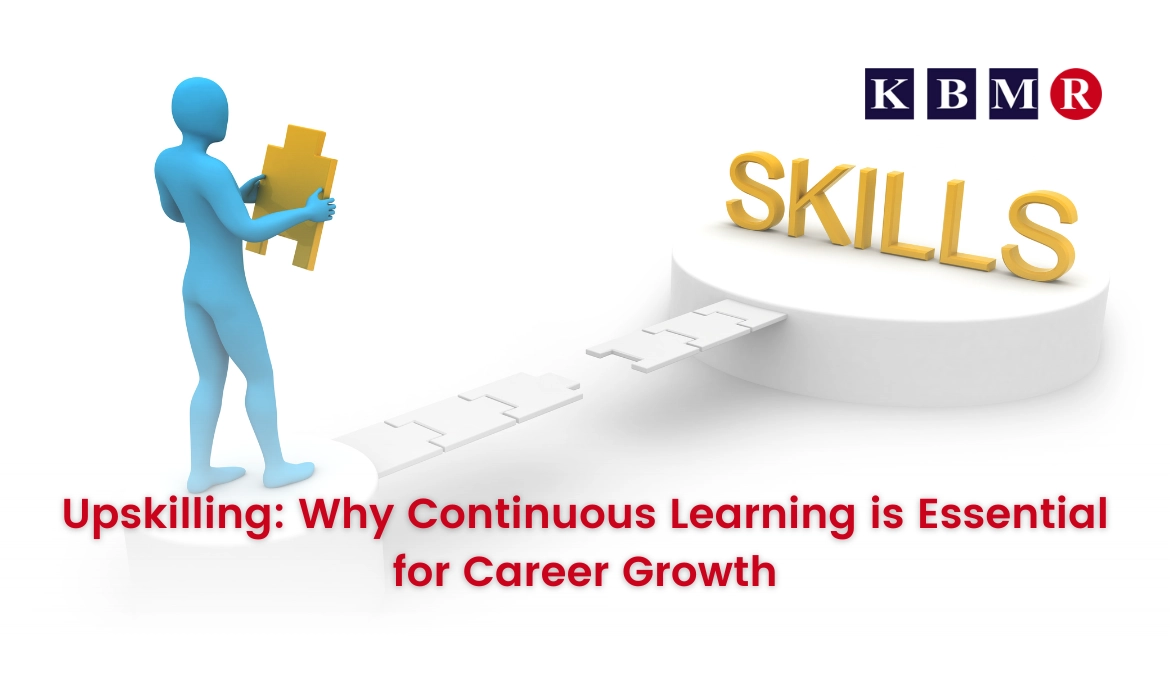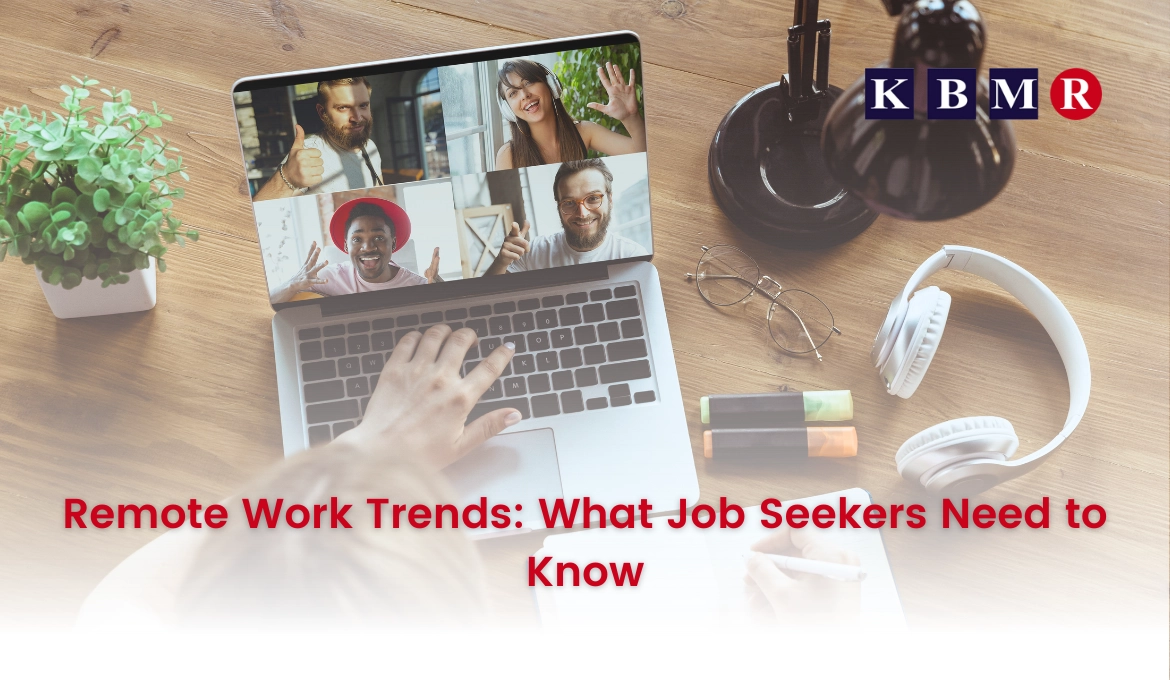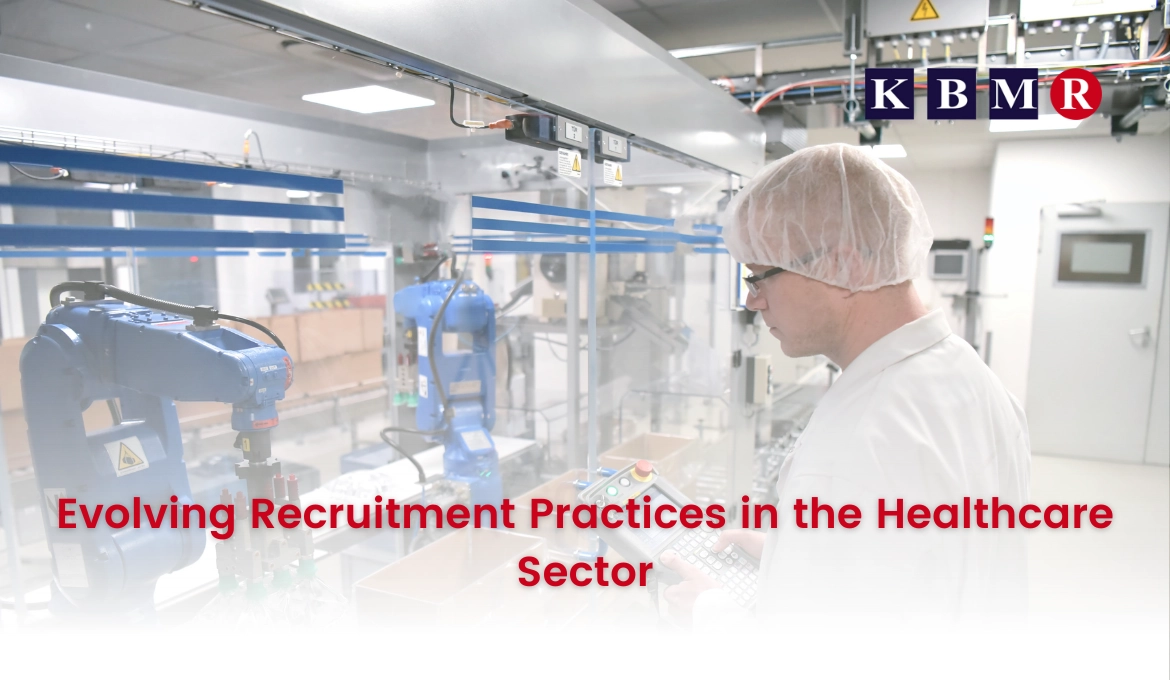The recruitment process is critical for organisations as they strive to find the right candidates to join their teams. One key aspect of this process is conducting interviews effectively. Mastering the art of interviewing empowers recruiters to make informed decisions and select the best-fit candidates for their organisations.
This blog will explore tips and techniques to enhance you’re interviewing skills and improve recruitment outcomes.
Preparing for the Interview
Before stepping into the interview room, thorough preparation is essential. By focusing on three crucial aspects, recruiters can set the stage for a successful interview process.
-
Understanding the Job Requirements: A comprehensive understanding of the job requirements is essential for a targeted interview. Review the job description and qualifications, identifying the key skills, traits, and experiences necessary for the role. This understanding will guide you in crafting interview questions that assess these requirements.
-
Researching the Candidate: In-depth research on the candidate is vital for a fruitful interview. Carefully review their CV and cover letter, paying attention to their professional experiences, achievements, and qualifications. Additionally, explore their online presence, such as their LinkedIn profile or personal website. Gathering relevant information about the candidate allows you to ask insightful questions and tailor the interview accordingly.
-
Structuring the Interview Process: A well-structured interview process ensures efficiency and consistency. Determine the format best suits your organisation, such as one-on-one, panel, or sequential interviews. Allocate sufficient time for each interview section, including introductions, questioning, and candidate inquiries. Create a clear agenda outlining the interview flow to ensure a smooth and organised process.
Establishing a Positive Interview Environment
Creating a positive and comfortable interview environment is crucial in eliciting the best responses from candidates and making them feel valued.
-
Setting the Stage: Begin by welcoming the candidate warmly and introducing yourself and your team members, if applicable. You briefly overview the interview process, explaining its various stages and the expected duration. It establishes transparency and ensures that candidates know what to expect during the interview.
-
Building Rapport: Building rapport with the candidate helps create a conducive atmosphere for open communication. Start with an icebreaker or casual conversation to ease tension and make the candidate more comfortable. During the interview, practise active listening by maintaining eye contact, nodding, and demonstrating genuine interest in their experiences and perspectives. It fosters trust and encourages candidates to provide more insightful answers.
-
Ensuring Accessibility: Recruiters should strive to create an inclusive interview environment. Consider the needs of candidates with disabilities and provide necessary accommodations to ensure equal opportunities. For remote or international candidates, offer alternatives such as virtual interviews to accommodate their circumstances. Respect cultural differences and tailor the interview process to be inclusive and respectful of diverse backgrounds.
Effective Interview Techniques
Employing effective interview techniques enables recruiters to gather valuable information and accurately assess candidates' suitability for the role.
-
Behavioural Interviewing: Behavioural interviewing focuses on past behaviours as indicators of future performance. Craft behavioural questions that require candidates to provide specific examples of how they handled relevant situations in the past. Evaluate their responses to assess their skills, problem-solving abilities, and interpersonal competencies.
-
Situational Interviewing: Situational interviews present hypothetical scenarios related to the job role and evaluate candidates' ability to analyse problems and make decisions. Develop strategies that reflect real challenges candidates may encounter in the position. Evaluate their problem-solving skills, thought processes, and approach to handling complex situations.
-
Competency-Based Interviewing: Competency-based interviewing assesses candidates against predefined competencies necessary for the role. Identify the competencies relevant to the position and formulate questions that allow candidates to demonstrate their proficiency in those areas. Use a structured rating scale to evaluate candidates consistently.
-
Probing and Follow-up Questions: To gain deeper insights into candidates' responses, encourage them to elaborate on their answers. Ask open-ended questions that require more than a simple "yes" or "no" response. Probing questions allow recruiters to explore candidates' thought processes, decision-making abilities, and critical thinking skills. Seek clarification or request additional examples when necessary to understand their capabilities comprehensively.
Assessing Candidate Fit
To make informed hiring decisions, recruiters must assess candidates' fit within the organisation, considering their skills and compatibility with the team.
-
Evaluating Skills and Qualifications: Compare candidates' skills and qualifications against the earlier job requirements. Assess their technical abilities through tests or practical exercises to ensure they possess the necessary expertise. Evaluate their experience and accomplishments to determine their potential contributions to the organisation.
-
Cultural Fit and Team Compatibility: Evaluate candidates' compatibility with the organisational culture and the existing team. Consider their values, work style, and personality traits to determine if they align with the organisation's core values and goals. Assess their ability to collaborate effectively and contribute positively to the team dynamic.
-
Candidate Engagement and Enthusiasm: Observe candidates' enthusiasm and interest in the role throughout the interview process. Assess their engagement and motivation to contribute to the organisation. Look for signs of a genuine passion for the industry and their desire to grow and develop within the company.
Post-Interview Steps
The interview process continues after the last candidate. Taking appropriate post-interview steps ensures a thorough evaluation and effective communication with candidates.
-
Documentation and Evaluation: Take detailed notes during the interview to capture key observations, strengths, weaknesses, and notable points about each candidate. Record your impressions and compare candidates' performance against the established criteria. These notes will serve as a valuable resource when making final decisions.
-
Communicating with Candidates: Provide timely feedback to candidates after the interview process. Offer constructive criticism, highlighting both their strengths and areas for improvement. Keep candidates informed about the hiring process, expected timelines, and next steps. Clear and transparent communication enhances the candidate experience and reinforces a positive employer brand.
Conclusion
Mastering the art of interviewing is a continuous journey for recruiters. Following the tips and techniques outlined in this blog can improve your interview skills and enhance the recruitment process. Effective interviewing enables you to select candidates with the required qualifications and fit well within your organisation's culture. Embrace the art of interviewing and empower your organisation with the talent it deserves.




